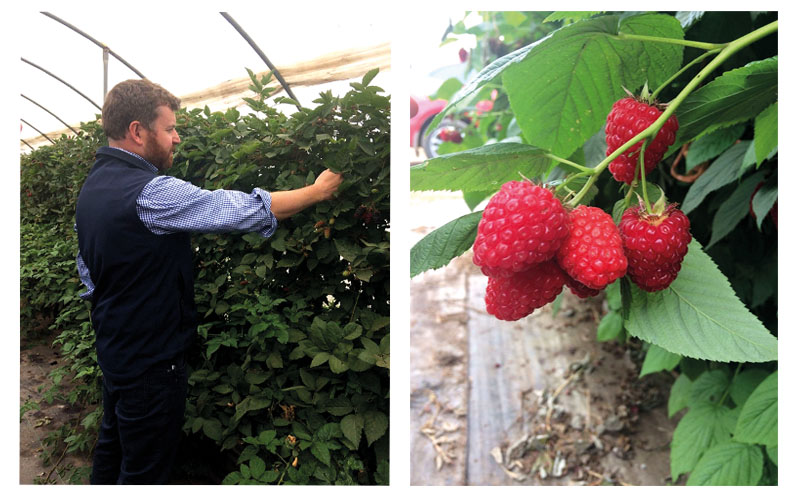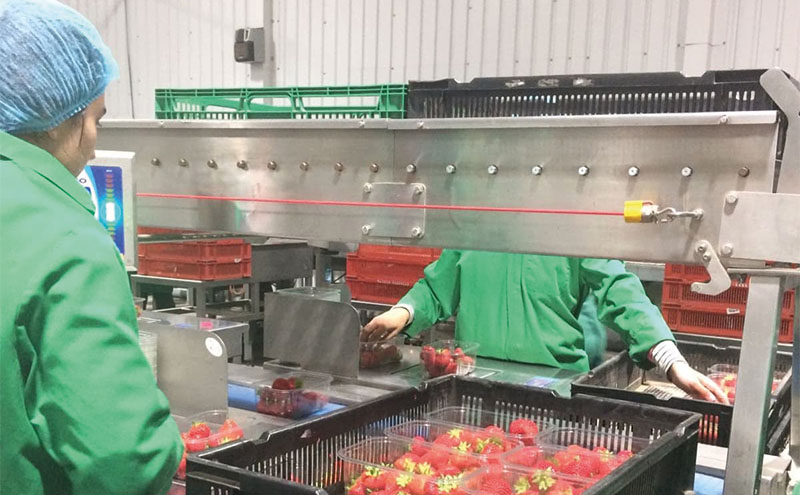MDS launched to tackle lack of youth

A GRADUATE scheme which aims to attract young people to the food production sector has launched in Scotland, having enjoyed decades of success south of the border.
Management Development Services (MDS) was first launched in 1986 to help combat a shortage of skilled managers within the fresh food business, and has since helped 335 young graduates to experience life in the industry.
But, with only one firm from Scotland involved in the scheme, Scottish trainees are often forced to get jobs in England once they complete their placements.
In a bid to address this, MDS hosted several Scottish businesses at a conference in Dundee last month to outline the benefits of membership of the scheme, which offers trainees four placements across companies.
Christine Tacon, chair of MDS, said that many of its members weren’t big enough to have their own graduate schemes, but by joining together through MDS they were more able to utilise young talent.
The MDS chair acknowledged that it can be difficult to recruit graduates straight from university in rural areas, but added that she firmly believes the scheme could be the solution.
Arboath-based Angus Soft Fruits is currently the only Scottish member of MDS. John Gray, commercial director for the firm said participating in the scheme has been “fantastic”, as it offers employers the chance to take “highly-qualified, trained individuals, into junior areas of the business for six months” which could be targeted at seasonal requirements.angusangus
The popularity of berries, and local produce more generally, has seen Angus Soft Fruits’ business enjoy strong growth in recent years, said John, with the Arbroath firm now producing one in every five to six punnets sold in the UK.
He added that this year’s early summer heatwave saw demand for berries rise by around 20%, with growth further fuelled by recent claims that blueberries can be viewed as a ‘superfood’.

If retailers want to make the most of this trend and stock up on berries, then John thinks it is crucial they choose locally sourced products.
“Soft fruits are known to be produced in Scotland and therefore the consumer expects to see it on the shelf,” he said.
With healthy-living trends showing no sign of slowing down, John said he was expecting berry sales to keep growing.
But with greater demand comes a greater need for staff, and John said this is where Angus Soft Fruits struggles.
With 400-500 workers at its Arbroath plant during high season, many from eastern Europe, the Scottish producer has concerns about how Brexit will affect the labour market.
John said Angus Soft Fruits has already noticed a decline in pickers making the journey from the Continent following sterling’s crash against the euro, making schemes like MDS key.
“Agriculture in general is quite an ‘old’ profession, with the average age of farmers now in their fifties,” said John.
“So the more young blood we can get into the industry, at whatever level, the better.”





















